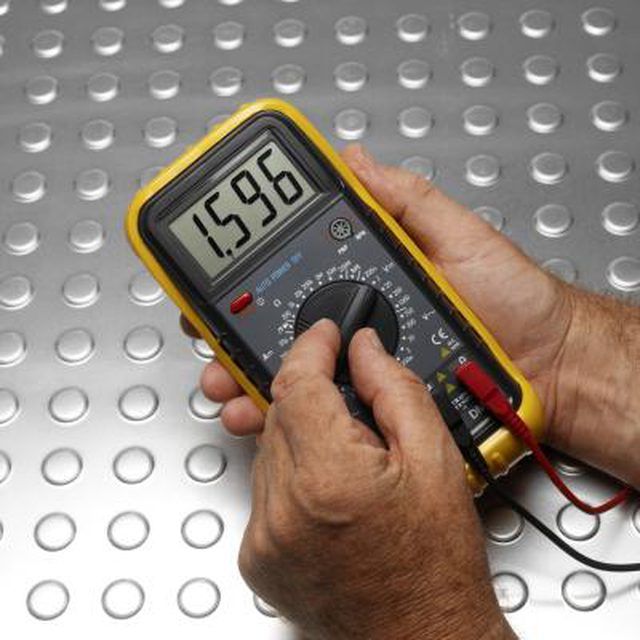Bulbs
Flower Basics
Flower Beds & Specialty Gardens
Flower Garden
Garden Furniture
Garden Gnomes
Garden Seeds
Garden Sheds
Garden Statues
Garden Tools & Supplies
Gardening Basics
Green & Organic
Groundcovers & Vines
Growing Annuals
Growing Basil
Growing Beans
Growing Berries
Growing Blueberries
Growing Cactus
Growing Corn
Growing Cotton
Growing Edibles
Growing Flowers
Growing Garlic
Growing Grapes
Growing Grass
Growing Herbs
Growing Jasmine
Growing Mint
Growing Mushrooms
Orchids
Growing Peanuts
Growing Perennials
Growing Plants
Growing Rosemary
Growing Roses
Growing Strawberries
Growing Sunflowers
Growing Thyme
Growing Tomatoes
Growing Tulips
Growing Vegetables
Herb Basics
Herb Garden
Indoor Growing
Landscaping Basics
Landscaping Patios
Landscaping Plants
Landscaping Shrubs
Landscaping Trees
Landscaping Walks & Pathways
Lawn Basics
Lawn Maintenance
Lawn Mowers
Lawn Ornaments
Lawn Planting
Lawn Tools
Outdoor Growing
Overall Landscape Planning
Pests, Weeds & Problems
Plant Basics
Rock Garden
Rose Garden
Shrubs
Soil
Specialty Gardens
Trees
Vegetable Garden
Yard Maintenance
How to Test a Lawn Mower Condenser
How to Test a Lawn Mower Condenser. A lawnmower condenser is a small capacitor that stores a high-voltage charge. When the magneto points close, the condenser releases its charge through the plug lead to the spark plug. The spark plug then ignites the compressed fuel/air mixture in the combustion chamber. The expanding gases force the piston...

A lawnmower condenser is a small capacitor that stores a high-voltage charge. When the magneto points close, the condenser releases its charge through the plug lead to the spark plug. The spark plug then ignites the compressed fuel/air mixture in the combustion chamber. The expanding gases force the piston downward, rotating the crankshaft and transmitting power to the driveshaft. If your mower stops working from an apparent ignition problem, the condenser may have failed. Fortunately, after removing the flywheel, testing this component with a multimeter is fairly straightforward.
Things You'll Need
Socket wrench
Phillips screwdriver or nut driver
Nylon starter rope
2 large flat-head screwdrivers
Copper drift
Heavy hammer
Needle-nose pliers
Thin strip of plastic
Multimeter
Pull the rubber plug lead boot off the spark plug and remove the plug with a long socket wrench. Remove the cover from the engine by undoing the attaching screws with a Phillips screwdriver or nut driver. Insert a length of nylon starter rope into the plug hole until you can't push any more in, then rotate the flywheel counterclockwise until the engine stops turning.
Remove the flywheel nut by turning it counterclockwise off its left-hand thread with a socket wrench. Lift the large washer off the shaft.
Push the tips of two large flat-head screwdrivers between the opposing sides of the flywheel and the crankcase. Tap the screwdriver handles with a hammer to firmly wedge the screwdrivers in place; do not risk cracking the flywheel by using excessive force.
Place a copper drift tool on the end of the flywheel shaft and deliver one or two sharp blows to the end of the drift with a heavy hammer; the flywheel will pop right off the tapered shaft. Remove the flywheel to expose the magneto and the small tubular condenser wired to the magneto points.
Open the points with a pair of needle-nose pliers. Slide a thin strip of plastic between the points to insulate the condenser. Allow the points to close.
Adjust a multimeter to the ohms setting. Touch one of the multimeter probes to the metal side of the condenser and the other probe to the terminal connecting the condenser to the points. The multimeter should read several megohms, drop to zero and then start rising until the reading returns to several megohms. Reverse the probes and you should get the same results.
Replace the burned-out condenser if the multimeter either produces a steady low reading or no reading at all, indicating a shorted-out condenser.
Reassemble the mower engine by reversing the procedures carried out in Steps 1 through 4.
Tips & Warnings
Although some lawnmower engine manufacturers recommend using a fairly expensive special puller to remove the flywheel, the method described in Steps 3 and 4 works consistently.